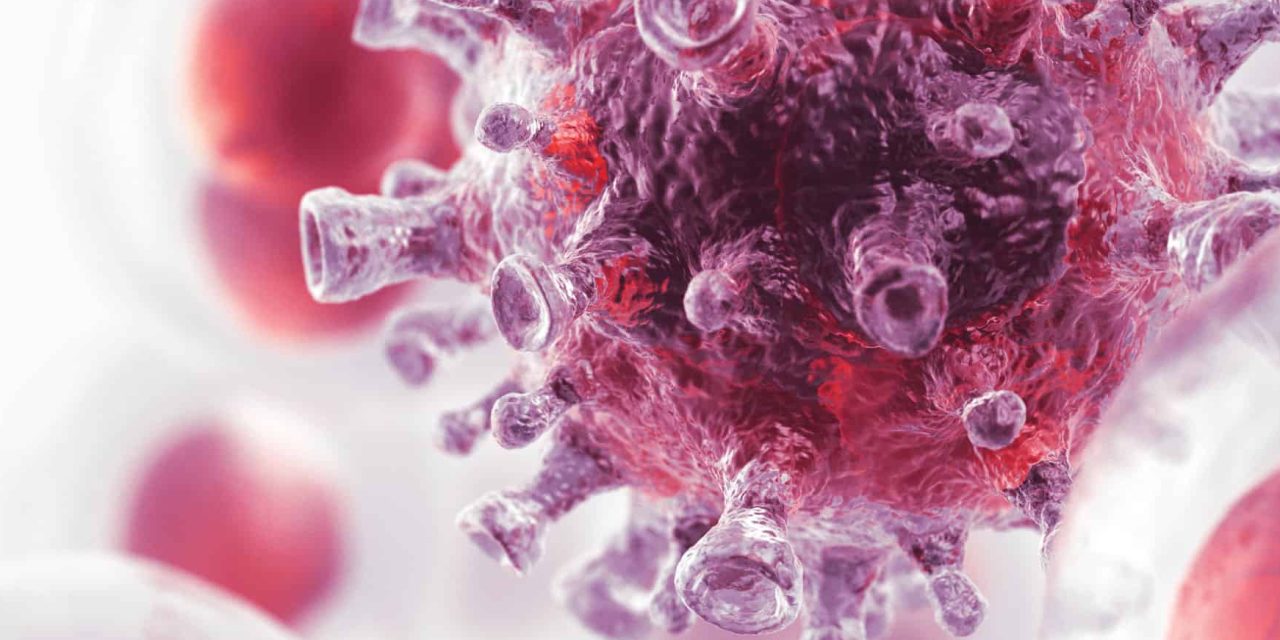The revolution of the antiviral treatment of hepatitis C virus (HCV) infection resulting in higher effectiveness came with the introduction of direct-acting antivirals with pangenotypic regimens as a final touch. Among them, the combination of glecaprevir (GLE) and pibrentasvir (PIB) provides the opportunity for shortening therapy to 8 weeks in the majority of patients. Due to still insufficient evaluation of this regimen in the real-world experience (RWE), our study aimed to assess the efficacy and safety of 8-week GLE/PIB in chronic hepatitis C patients depending on liver fibrosis and genotype (GT).
The analysis included patients who received GLE/PIB for 8 weeks selected from the EpiTer-2 database, large retrospective national real-world study evaluating antiviral treatment in 12,584 individuals in 22 Polish hepatology centres.
A total of 1,034 patients with female predominance (52%) were enrolled in the analysis. The majority of them were treatment-naïve (94%), presented liver fibrosis (F) of F0-F3 (92%), with the most common GT1b, followed by GT3. The overall sustained virologic response after exclusion of non-virologic failures was achieved in 95.8% and 98% respectively (p=0.19). In multivariate logistic regression HCV GT-3 (beta=0.07, p=0.02) and HIV infection (beta=-0.14, p<0.001) were independent predictors of non-response.
We demonstrated high effectiveness of 8-week GLE/PIB treatment in a non-GT3 population irrespective of liver fibrosis stage. Comparable efficacy was achieved in non-cirrhotic patients regardless of the genotype, including GT3 HCV.
This article is protected by copyright. All rights reserved.
Is an 8-week regimen of glecaprevir/pibrentasvir sufficient for all HCV infected patients in the real-world experience?


